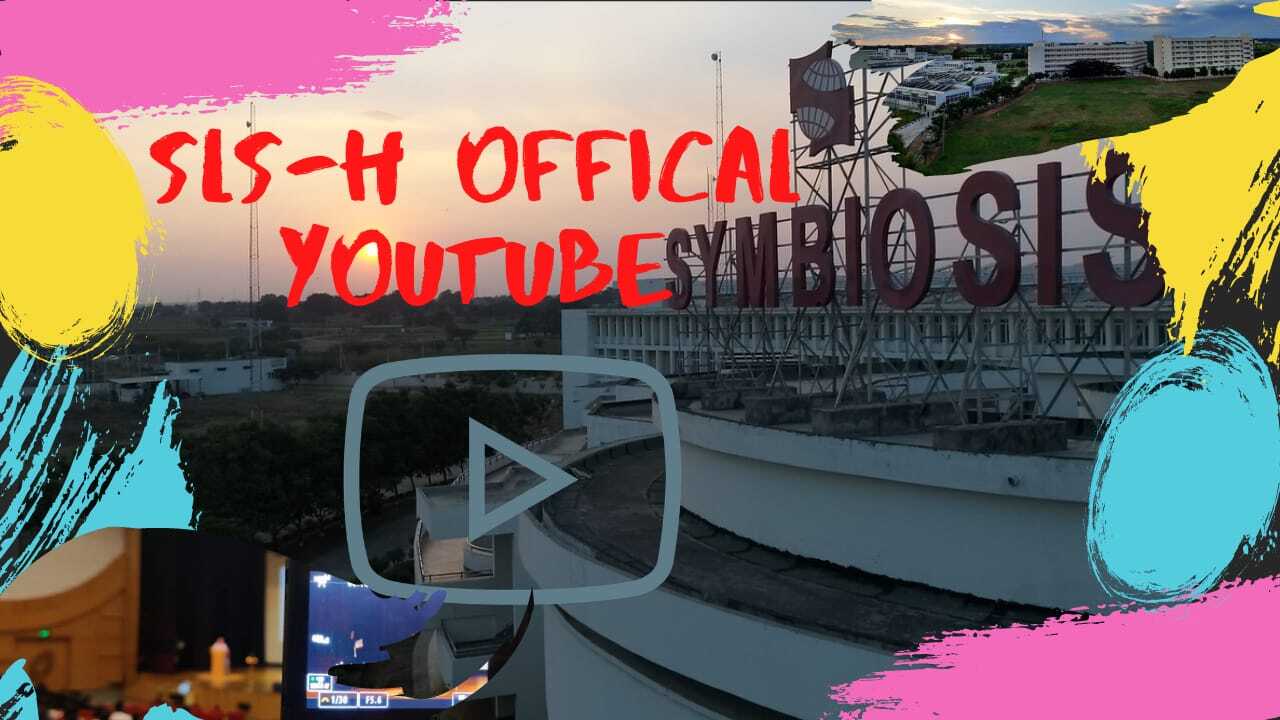
Right to Bail during Covid-19 Pandemic
– By Aniruddh Singh (Batch – 2017-22)
India was hit by the second wave of coronavirus, and this time, it was much more devastating. The virus not only caught the country underprepared, but it also threw the nation into a state of chaos. The dearth of beds and essential medical equipment like oxygen cylinders, testing kits, and lifesaving drugs such as Remdesivir and Tocilizumab only made the situation worse.
While the government and courts were doing their best to cater to the needs of the citizens, once again, the people in jails and prisons found themselves being ignored by the authorities. When India was hit by the Covid-19 pandemic last year, the Hon’ble Supreme Court ordered the States to form a High Powered Committee which was to help them release their prisoners so as to decongest the space and thereby prevent the spread of the virus. The High Powered Committee was given the power to decide who were to be released on parole and who were to be granted interim bail.[1] However, on 17th February 2021, the High Powered Committee decided to deny the extension of interim bail to undertrial prisoners on the grounds of the pandemic, stating that the situation was now well under control. Not soon after, the Hon’ble Supreme Court of India terminated the interim bails that were given on the same grounds to over 2,000 prisoners in Delhi and ordered them to surrender in a phased manner.[2] On 19th April 2021, a Public Interest Litigation (PIL) was filed in the Delhi High Court arguing that the Covid-19 cases in Tihar jail had doubled in the last few days alone, and that it was not possible to follow the social distancing norms in the jail since it was over-crowded. The PIL prayed for the release of the under-trial prisoners, yet again, on the grounds of the rising number of Covid-19 cases.[3] There was an urgent need for jail authorities, government and courts to decongest the jails once again by giving interim bail and paroles.
The overcrowding of jails and lack of essential facilities has always been the grim reality of the prisons in India. From the constitutional perspective, the Hon’ble Apex Court has passed several landmark judgments where personal liberty is read with the Right to Life under Article 21; for instance, in the case of Gudikanti Narasimhulu v. Public Prosecutor, High Court of Andhra Pradesh,[4] Justice Krishna Iyer held that the unjust denial of bail leads to gross violation of the right to personal liberty of an individual and this deprivation, according to him, “if, ephemeral or enduring, must be founded on the most serious considerations relevant to the welfare objects of society, specified in the constitution.” He considered liberty to be the right “fundamental” to the accused. Similarly, the then Chief Justice of India, Justice Y.V. Chandrachud, in the constitutional case of Gurbaksh Singh Sibbia v. State of Punjab[5] discussed the importance of bail in a criminal case. He traced the history of personal liberty and held that “bail is a right and jail is an exception.” The object of securing bail to ensure the presence of accused during trial was rightly understood by the bench in this case.
The
prisoners in their overcrowded prisons are particularly vulnerable to the virus
and the factor that seems to worsen this situation is the non-uniformity of the
states in the matter of granting bail to them. The Supreme Court has not
specified what matters are to be considered “urgent” and on what basis such
bails ought to be granted. Covid-19 has tested the competency of the Courts and
the Indian Justice System in more ways than one. Though steps have been taken
to ensure that the spread of the virus is curbed or at least reduced in the over-crowded
prisons, and that the Right to Life of the prisoners is protected, these steps
have not been adequate in ensuring bail to them in uniformity across the
country. The sovereign State is failing miserably in fulfilling its
constitutional responsibility to protect the Right to Life of its prisoners.
The over-crowded prisons like Tihar jail and others are a ticking time bomb
where a virus outbreak could occur at any given time. There is an urgent need
for the authorities to give this sensitive issue some serious thought.
[1] In Re: Contagion of COVID-19 in prisoners suo motu Writ Petition (C) NO. 1/2020, dated 23rd March.
[2] Abraham Thomas, Supreme Court ends bail of over 2,000 prisoners given on Covid-19 ground, Hindustan Times (March, 2021).
[3] Plea in HC to release prisoners on interim bail to decongest, Times of India (April 19, 2021).
[4] Gudikanti Narasimhulu v. Public Prosecutor, 1978 AIR 429.
[5] Gurbaksh Singh Sibbia v. State Of Punjab, 1980 AIR 1632.


